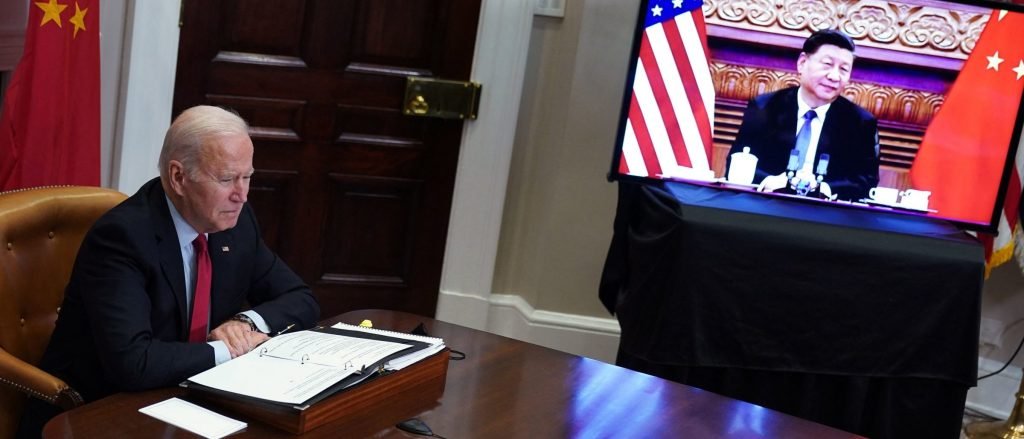The Biden administration is preparing to maintain the Trump administration's strategy on tariffs on China in a bid to take a tough stance on China, Axios reported on Friday.
President Joe Biden and his administration will likely keep most of the $300 billion in Trump-era tariffs on Chinese imports in place in 2024, and may increase taxes on some imports. Three people involved said that there is. Said Axios. Biden is likely to take a tough stance on China ahead of the 2024 election season, as his critics and arch-rival former President Donald Trump accuse him of being “soft” on China. It is said that (Related: More foreign investors flee China in December amid economic downturn)
Biden's policies are good for China, but bad for America!
Donald Trump Truth Social Post 07:23 PM EST 11/02/23 pic.twitter.com/L97Yaa8qjW
— Posts from Donald J. Trump's Truth Social (@TrumpDailyPosts) November 3, 2023
The government is considering whether to lower tariffs on U.S. consumer goods in exchange for higher tariffs on electric vehicles and key minerals such as cobalt and lithium, people familiar with the matter told Axios. Overall, total tariffs are likely to remain within the $300 billion range set by the previous Trump administration.
Final details are still being worked out, but a formal decision is expected to be announced by February, sources told Axios.
Biden and his administration began discussing what tariffs to apply to imports from China more than a year ago. The administration was considering lowering some tariffs throughout 2022 to combat inflation on U.S. consumer goods, according to Axios. However, unions were dissatisfied with this and demanded that Biden maintain President Trump's existing tariffs.
According to Axios, the government ultimately relented under pressure and made no changes to its existing mandate at the time. A mandatory four-year review of tariffs forced the Biden administration to revisit the changes, a process that was expected to be completed by the end of 2023 but was not completed.
Biden has supported legislation aimed at shifting supply chains from China to the United States, including the Chip and Science Act, which would invest $280 in domestic semiconductor research and production. He also signed an executive order imposing restrictions on semiconductor exports to China and restricting foreign investment in China's technology sector.
At the same time, the Biden administration continues to insist that these measures are not intended to thwart Beijing and that the United States should not seek economic “decoupling” from China.
The White House did not respond to requests for comment.
All content produced by the Daily Caller News Foundation, an independent, nonpartisan news distribution service, is available free of charge to legitimate news publishers with large audiences. All republished articles must include our logo, reporter byline, and DCNF affiliation. If you have any questions about our guidelines or partnering with us, please contact us at licensing@dailycallernewsfoundation.org.
















